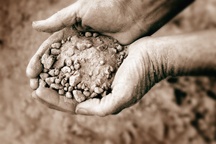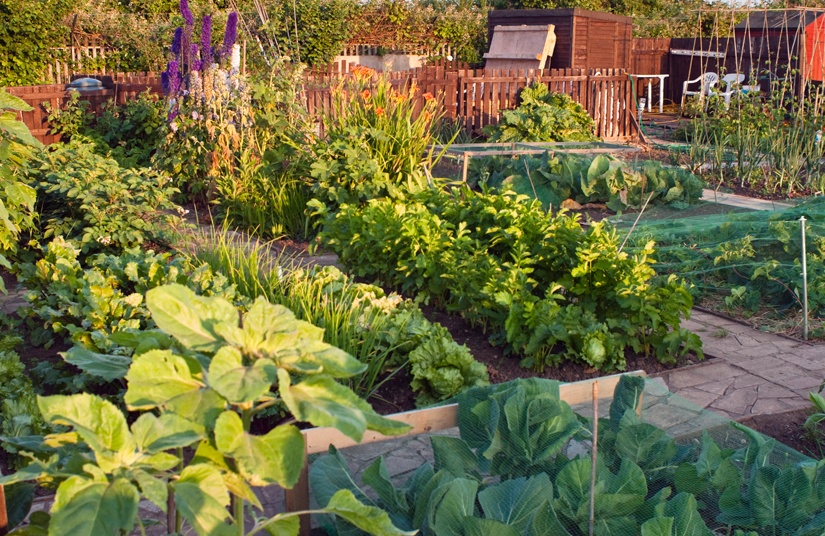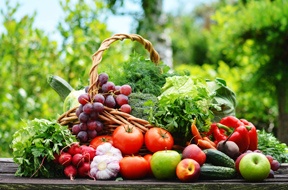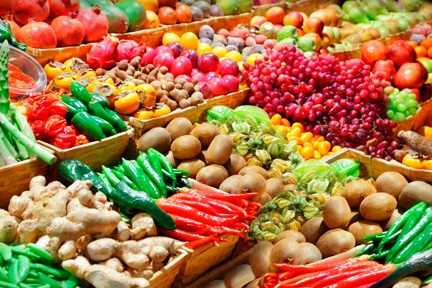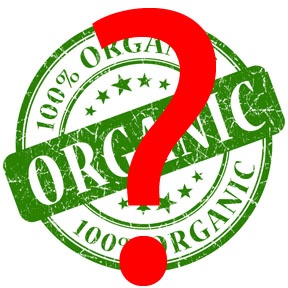The mayor of Detroit has declared a state of emergency regarding Flint’s water system. In 2014, the city switched from the Detroit water system to the Flint River. Residents were quick to complain about the odor and appearance of the water, and earlier this year, a notice from the city indicated that there has been too much disinfection byproduct in Flint’s water. If used for many years, the byproduct could cause damage to the liver, kidney or central nervous system. The city’s response came as a result a warning from Michigan’s Department of Environmental Quality, which stated that the city’s water was in violation of the Safe Drinking Water Act for maximum contaminant levels for trihalomethanes (TTHM).

